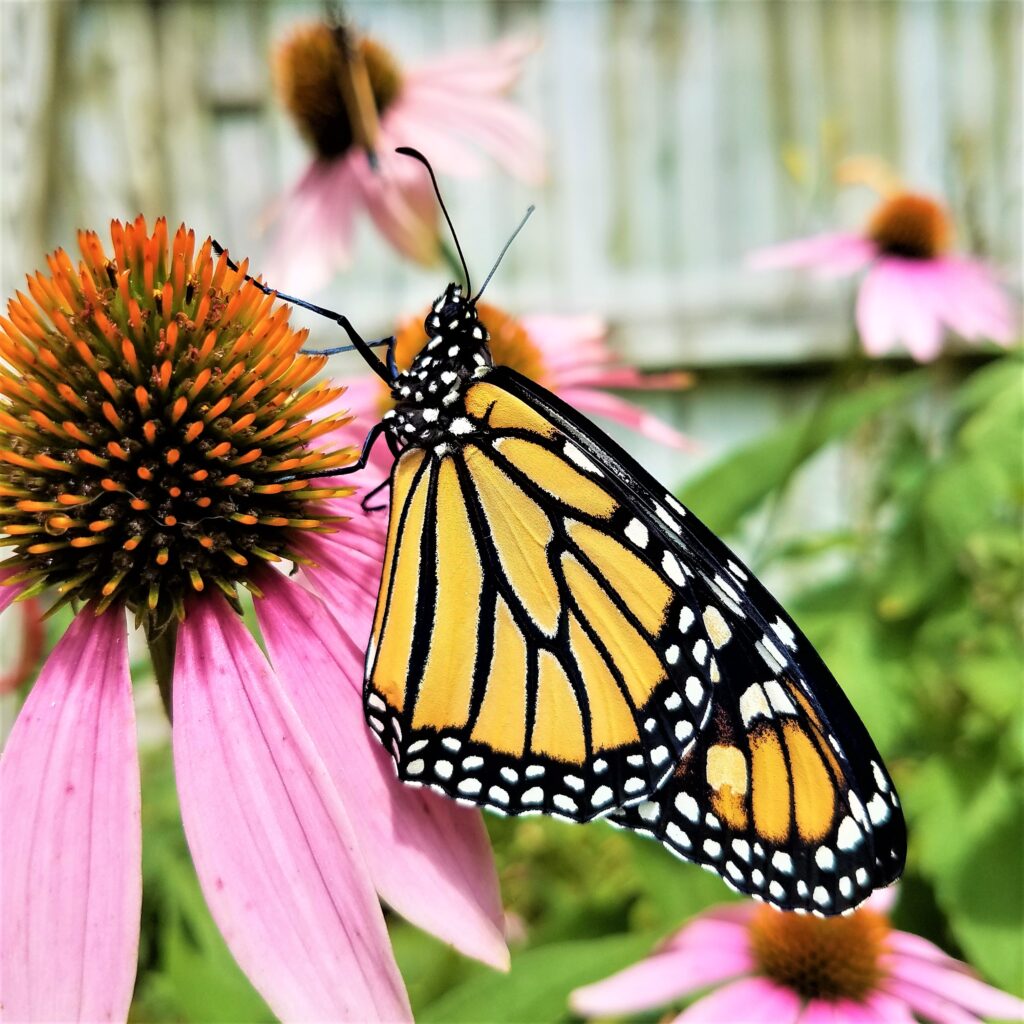MORGANTOWN —The Woodburn School Redevelopment Commission is bringing the first community pollinator garden to the Morgantown area.
“The importance of having a clean garden and a place for [pollinators] is they are in charge of our food supply,” said Michelle Furlong, a citizen scientist and project volunteer. “Humans will be gone before the last pollinator will be gone.”
A pollinator garden consists of certain plants that produce specific nectar and pollen that attracts pollinators, such as honey bees and monarch butterflies.
Marly Ynigues, a member of the commission, said as a community project, organizers are hoping to get residents of all ages involved in any way possible. Ynigues said the project is still in the planning phases, and is looking for volunteers to help put the project into action.
“Our current step is just engaging volunteers, figuring out where people can help, and making sure we get the resources,” Ynigues said.
The group plans to incorporate a variety of plant species into the garden. Furlong said a key species that will be included is milkweed. She said milkweed is especially important because it is the only plant monarch butterflies use to deposit eggs. Monarch caterpillars also feed exclusively on this plant.
According to the U.S. Fish and Wildlife Service, monarch butterflies are a candidate for being endangered or threatened under the Endangered Species Act, making pollinator gardens vital in keeping this species alive.
“The numbers of monarchs have depleted over the years due to the lack of milkweed,” Furlong said.

Furlong grows milkweed in her own pollinator garden, which has been designated as a Monarch Waystation by Monarch Watch, a research program based out of the University of Kansas. To become a Waystation, the garden must meet certain criteria, including size, number of milkweed and nectar plants, and a sustainable management plan.
One of the long-term goals Furlong said she hopes to see the garden achieve is to meet the criteria to become a Waystation. These stations are an important element in ensuring monarchs can migrate and reproduce.
“If everything goes according to plan, by next summer, I should be able to document what we have and submit an application and get us qualified as a designated Waystation,” Furlong said.
Ynigues said the area will also feature community art, and will be used for environmental education opportunities. Through education, Ynigues hopes other residents will be inspired to learn how to start their own pollinator gardens in the area.
“Our goal is to grow a movement here, so folks will be able to build their own pollinator gardens in more neighborhoods and yards,” Ynigues said. “Morgantown can become a pollinator city, and I think that really speaks to who we are as a community.”
Those interested in volunteering can and find more information on the group’s Facebook page, Morgantown Pollinator Garden Team.
TWEET: @GabbyABrown_




